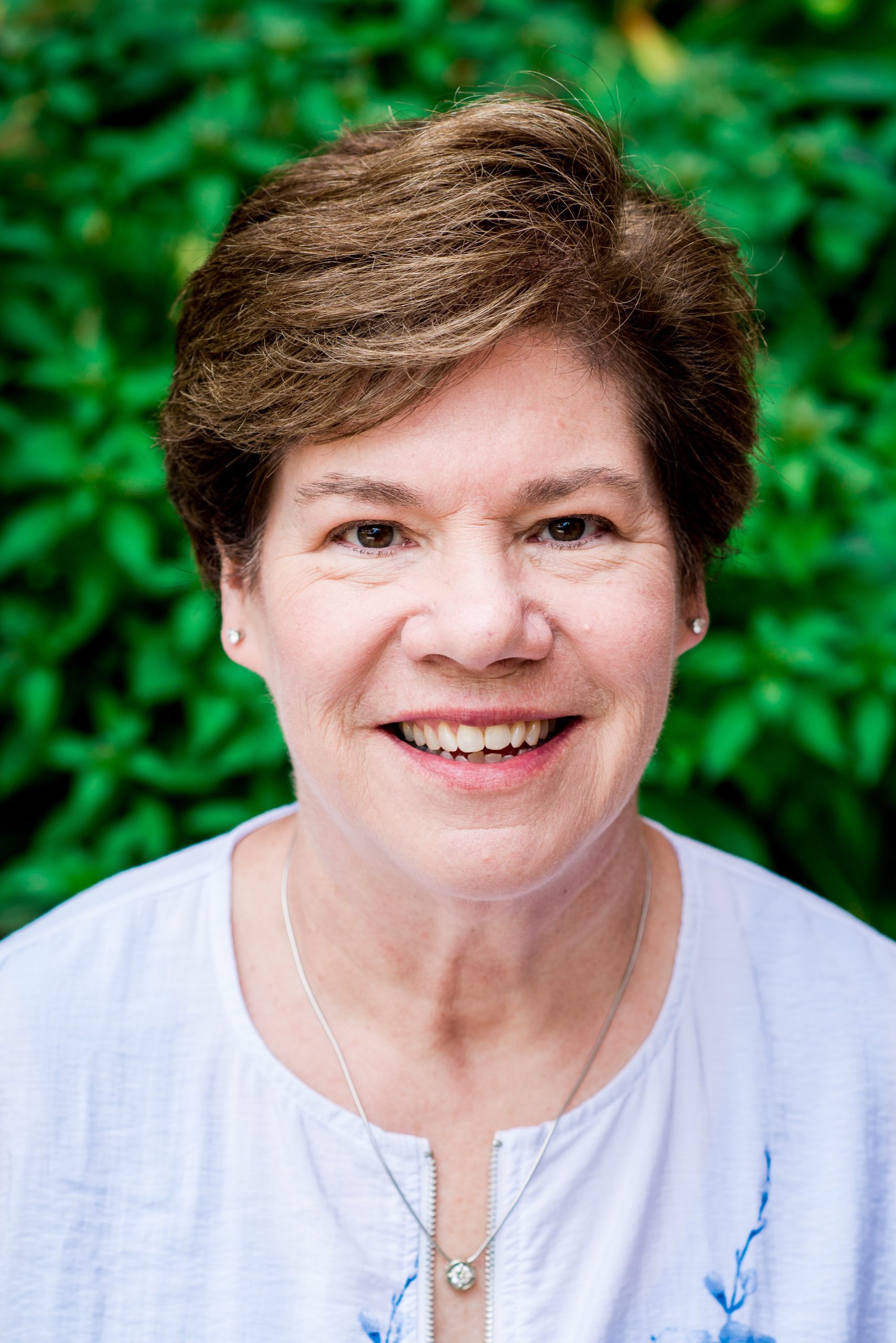 Q&A with Linda J. Spahr, Program Director, Foundation for Impact on Literacy and Learning
Q&A with Linda J. Spahr, Program Director, Foundation for Impact on Literacy and Learning
How and why is social-emotional learning (SEL) crucial to cultivating student leadership skills?
Developing yourself as a leader starts with self-awareness, which is a core concept in social-emotional learning. You can then develop a social awareness of others. You learn how to collaborate, manage yourself in different situations, make responsible decisions and think strategically. All social-emotional learning skills build your leadership capacity.
What essential skills can student leaders master through SEL?
Social-emotional learning helps each student develop the ability to be their best self, and to understand self-awareness and self-management so they can move into understanding relationship skills and social awareness. They can learn to value others, collaborate, identify needs around them, and figure out how to use their skills and talents to address those needs.
What tools can schools employ to foster the next generation of leaders?
Through a recent study of our Lead4Change Student Leadership Program, we learned the importance of teaching self-efficacy, perspective-taking, self-confidence and adaptability to preteens and teens. This can be done in the classroom or in any environment where students are gathered. Students also benefit from learning commitment to a vision, ambition and innovation. Programs like Lead4Change can bring these lessons into the school, allowing educators to integrate activities and practicums for students to develop those skills and also recognize that they’re developing those skills. When students self-manage because they understand what’s happening, they’re much better team players and stronger leaders.
How has Lead4Change brought students closer to generating real change?
Lead4Change not only teaches leadership and social-emotional skills, but it allows students to put these into practice in a safe environment. The practicum is either a community service or service learning project in which the students’ contributions will be welcomed and appreciated. They can then use the same skills, project framework and lessons in any other life setting.
Through this process, they become aware of how to be better citizens. Real change happens when you learn something, you practice it and you reflect on it. What did I learn? How did I practice? What is my story? How can I mentor others? We want to teach each student along the whole continuum—from being their best self all the way to being a leader for change. In that process, students will recognize their social-emotional  and leadership development and be excited about that.
and leadership development and be excited about that.
For more information, please visit lead4change.org







